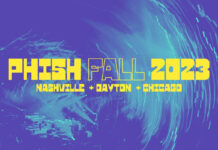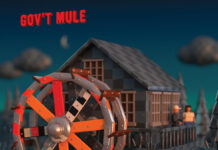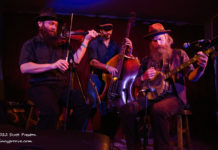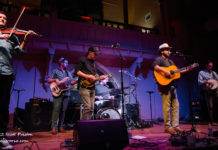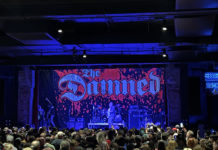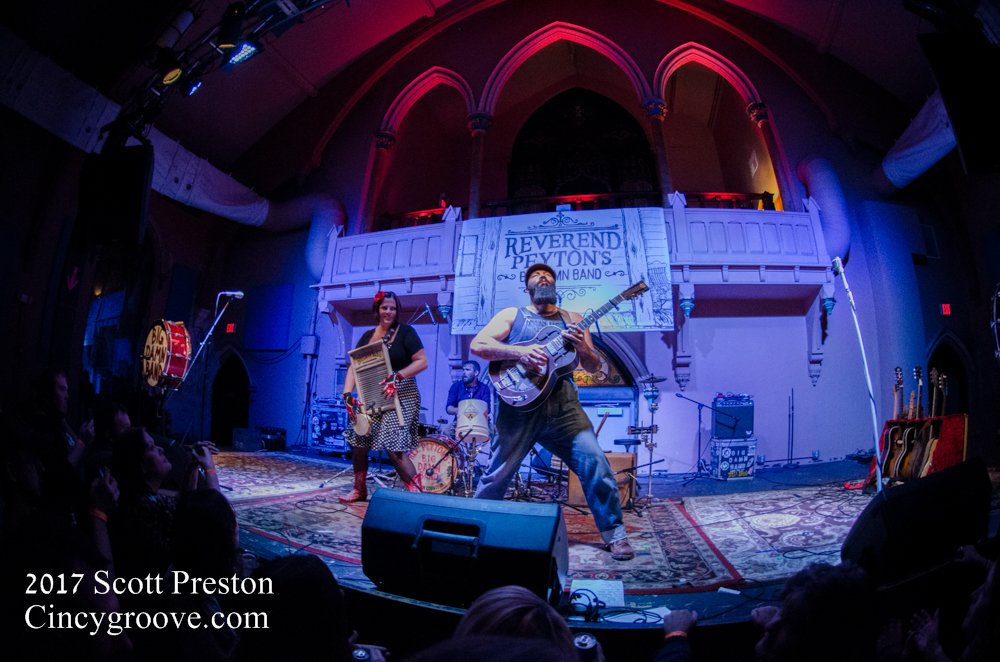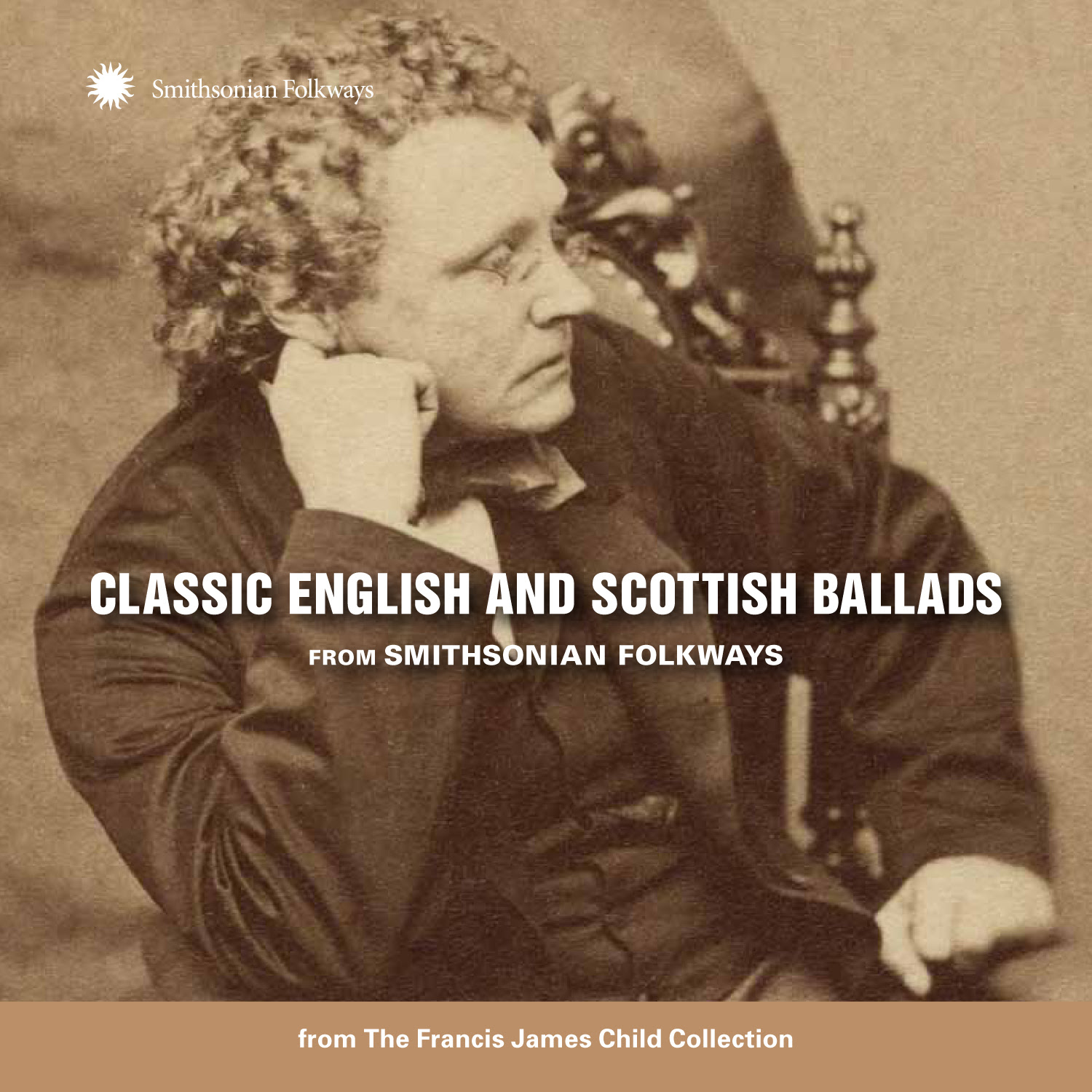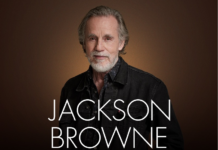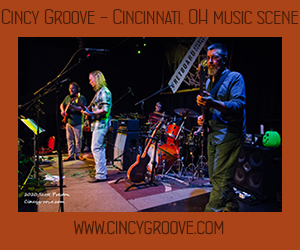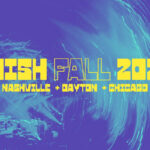Smithsonian Folkways’ latest album is ‘Classic English and Scottish Ballads from Smithsonian Folkways (from The Francis James Child Collection),’ a 21-track compilation of some of the most influential folk songs of all time. Set for an April 28 release, ‘Classic English and Scottish Ballads’ features giants of the 20th-century folk scene — including Lead Belly, Pete Seeger, Ewan MacColl, Jean Ritchie, and the New Lost City Ramblers — performing songs that may date back to the 1600s and have become known as “Child Ballads” after the 19th-century Harvard professor and scholar who collected them. It’s the 28th album in Smithsonian Folkways’ award-winning Classic Series.
Listen to selections from ‘Classic English and Scottish Ballad’s here: bit.ly/2nZW6ar
Child meticulously compiled 305 Scottish and English ballads into his highly influential collection. Although Child feared these ballads would vanish from human memory, they continue to be adored, studied, and actively performed across disciplines and genres. ‘Classic English and Scottish Ballads’ introduces listeners to these traditional songs from the label’s rich collections at the Smithsonian Institution and demonstrates the timelessness of their themes — from murder and ghosts to jealousy and unrequited love.
Some of the musical narratives on ‘Classic English and Scottish Ballads’ are rendered in a cappella form, such as MacColl’s “Thomas the Rhymer,” Ritchie’s “Lord Randall,” and Dan Tate’s “Barbara Allen.” On others, the singers are accompanied by guitar, banjo, harp-zither, dulcimer, or even full band, as is the case with the Golden Eagle String Band’s “The Mermaid” or the New Lost City Ramblers’ “Lord Bateman.” Most of the songs in the collection were recorded between the 1940s and the 1970s.
GRAMMY-winning Smithsonian archivist Jeff Place compiled and annotated ‘Classic English and Scottish Ballads.’ In the accompanying 40-page booklet, Place summarizes each song’s history, including its variations and additional recordings. He also makes note of a song’s lasting impact: “Lord Randall,” for instance, served as a template for Bob Dylan’s “A Hard Rain’s A-Gonna Fall,” while Lead Belly’s rendition of “Gallis Pole” – Child No. 95 – was a direct musical ancestor of Led Zeppelin’s “Gallows Pole.”
These songs are “crucial to folk music having become what it is today,” says renowned writer, folksinger, and songwriter Scott Alarik in an introduction that outlines the history of the ballad tradition and the folklore movement that preserved the songs. “Again and again, Child looked past the clever inventions of fanciful scholars, into what is universal about human behavior,” Alarik writes. “Where elitist scholars saw primitive peasants incapable of genius, Child saw people who loved good stories, and were equally capable of creating them and passing them along.”
Previous compilations in the Smithsonian Folkways Classic Series have explored blues, children’s music, gospel, and railroad songs, among others. Like those, ‘Classic English and Scottish Ballads’ is designed to serve as one of a series of “doors” introducing listeners to the many artists and styles included in the Smithsonian Folkways Collection.
‘Classic English and Scottish Ballads’ tracklist:
1. Lord Thomas and Fair Ellender (Child No. 73) — Mike Seeger
2. Golden Vanity (Child No. 286) — Doug Wallin
3. The Mermaid (Child No. 289) — The Golden Eagle String Band
4. Mathie Groves (Child No. 81) — Dillard Chandler
5. The Hanging of Georgie (Child No. 209) — Iron Mountain String Band
6. Gypsy Davy (Child No. 200) — Margaret MacArthur
7. Thomas the Rhymer (Child No. 37) — Ewan MacColl
8. Lady Margaret (Child No. 74) — Pete Seeger
9. Lord Randall (Child No. 12) — Jean Ritchie
10. Pretty Polly and False William (Child No. 4) — Paul Clayton
11. Andrew Batan (Child No. 250) — Warde Ford
12. Three Nights Drunk (Child No. 274) — E.C. and Orna Ball
13. Lord Bateman (Child No. 53) – The New Lost City Ramblers
14. The Two Sisters (Child No. 10) — Ellen Stekert
15. Gallis Pole (Child No. 95) — Lead Belly
16. Lord Barnett (Child No. 68) — Ella Parker
17. The False Knight Upon the Road (Child No. 3) — Artus Moser
18. Barbara Allen (Child No. 84) — Dan Tate
19. The Great Silkie of Sule Skerry (Child No. 113) — Paul Clayton
20. The House Carpenter (Child No. 243) — Dorothy Rorick
21. The Farmer’s Curst Wife (Child No. 278) — Horton Barker
About Smithsonian Folkways:
Smithsonian Folkways Recordings is dedicated to supporting cultural diversity and increased understanding among people through the documentation, preservation, production, and dissemination of sound. Part of the Smithsonian Center for Folklife and Cultural Heritage, it is the nonprofit record label of the Smithsonian Institution, the national museum of the United States. NOTE: Smithsonian Folkways Recordings retail distribution in the US is through ADA (Alternative Distribution Alliance) at 800.239.3232. Smithsonian Folkways Recordings releases are available through record and book outlets. Smithsonian Folkways Recordings, as well as Folkways Records, A.R.C.E., Arhoolie, Banjo Builders, Blue Ridge Institute, Cook, Collector, Dyer-Bennet, Fast Folk, I.L.A.M., The Mickey Hart Collection, Monitor, M.O.R.E., Paredon, and UNESCO, are available via mail order at 888.FOLKWAYS or 800.410.9815. Visit the Smithsonian Folkways Recordings website at folkways.si.edu or write to 600 Maryland Ave. SW, Suite 2001, Washington, DC, 20024.
More Info on Smithsonian Folkways:
Official Website: folkways.si.edu

